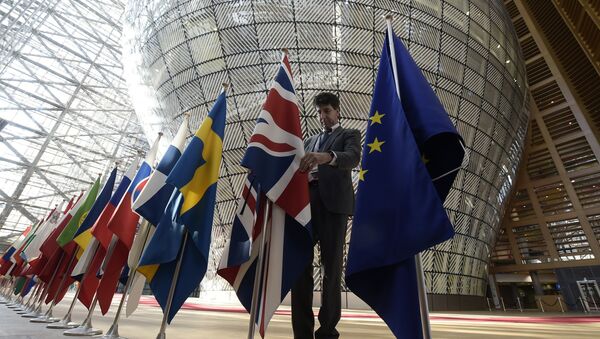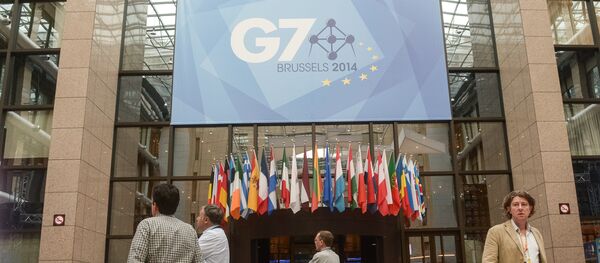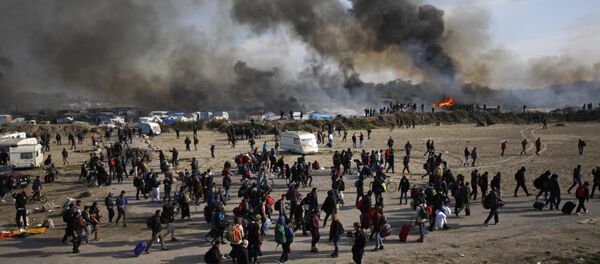Future After Brexit
The government of the United Kingdom plans to give the Europeans a special status that will provide them with access to education, health care and social benefits after Britain leaves the EU.
However, London's proposal has caused a rather cool reaction in Brussels.
Head of the European Council Donald Tusk said that Teresa May's program is "below the expectations of the EU". According to the politician, Brussels will defend the rights of EU citizens, since Britain seems to be intending to limit them.
German Chancellor Angela Merkel also cautiously criticized Teresa May's proposals, saying that there is still a lot of work to do.
"If London does not guarantee the principle of four freedoms [a single market for goods and services, free movement of people and capital], this will have certain consequences for relations between the UK and the 27 EU members," Merkel said.
French President Emmanuel Macron supported the statement of the German leader. He also noted that Paris and Berlin intend to form a common position on Brexit.
Migration crisis
Another stumbling block in the relations between European countries is the ongoing migration crisis. Since 2015, Europe has been experiencing the worst migration crisis in its history, struggling to accommodate hundreds of thousands of refugees and migrants fleeing hostilities in the Middle Eastern and North African countries.
The EU countries still can't find a common solution to the issue. Eastern European states, primarily Hungary, Poland and the Czech Republic, refuse to accept refugees despite existing quota regulations. At the same time, Italy and Greece are forced to place on their territory thousands of migrants who come to Europe by sea.
Following the conclusion of the EU summit earlier in the day, Tusk said that the leaders had discussed the situation in Libya and the Mediterranean migration route.
However, whether any positive steps on the issue will be implemented in the near future, remains questionable.
On the eve of the summit, Brussels threatened to impose sanctions on Hungary, Poland and the Czech Republic for refusing to accept refugees and follow the introduced quotas. However, Budapest, Warsaw and Prague continue to firmly defend their position.
Anti-Russian sanctions
Later, Italian Prime Minister Paolo Gentiloni said that sanctions against Russia can't be taken for granted and last forever.
At the same time, Russian Foreign Minister Sergei Lavrov believes that the European Union is starting to realize the absolute inefficiency of the current EU policy toward Moscow.
"As soon as the European Union is ready to change its current line which is leading to a deadlock, we will be ready to return to the path of progressive development in the interests of both our citizens and citizens of the EU countries," Lavrov said.







